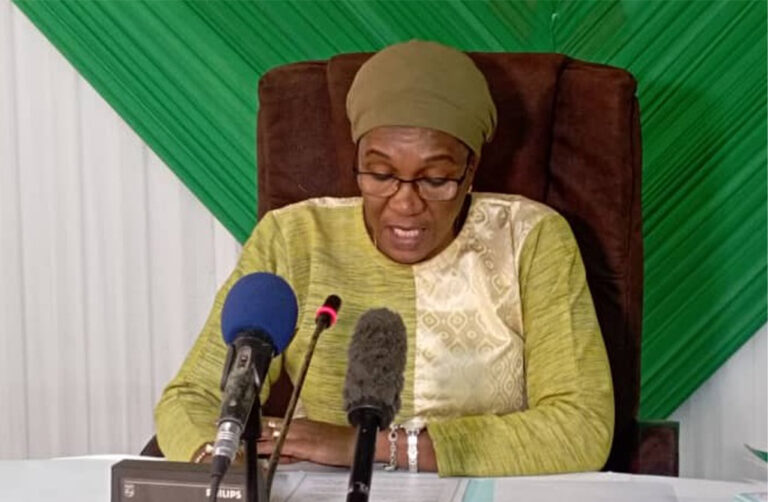Burkina Faso: CASEM 2024, the Ministry of Humanitarian Action committed to consolidating the return of internally displaced persons (IDPs)

On Friday, December 6, 2024, the Ministry of Humanitarian Action and National Solidarity held its second ordinary session of the Ministerial Sector Board (CASEM) in Ouagadougou.
The meeting, themed “Consolidating the Return of Internally Displaced Persons (IDPs) to Their Home Communities: Challenges and Prospects for the Ministry of Humanitarian Action and National Solidarity,” centered on reviewing and adopting the 2025-2027 three-year action plan and the 2025 activity program.
Minister Nandy Somé highlighted significant achievements under her leadership. As of November 30, 2024, more than 1,005,637 individuals, encompassing 165,040 households, had returned to 686 original localities.
These returns were facilitated by targeted government and ministry initiatives, including food assistance, housing construction support, psychosocial care, and measures aimed at fostering the economic independence of affected populations.
“Our goal is to uphold the dignity of displaced communities and empower them to contribute to their local development,” the minister emphasized.
Despite these achievements, challenges persist. Minister Somé acknowledged the need for sustained efforts in reclaiming and stabilizing territories and ensuring durable solutions for IDP resettlement.
She underscored that the restructuring of her ministry in August 2024 reflects the government’s heightened commitment to addressing humanitarian crises and advancing social welfare.
During the session, Ousmane Belem, Director-General of Sectoral Studies and Statistics, presented the ministry’s activity report. By September 30, 2024, the physical and financial implementation rate had reached approximately 69%, with a comprehensive report expected in early 2025.
In her closing remarks, Minister Somé commended her team for their dedication amid resource constraints and reaffirmed the ministry’s commitment to overcoming challenges to improve the lives of vulnerable populations.
Cédric KABORE











